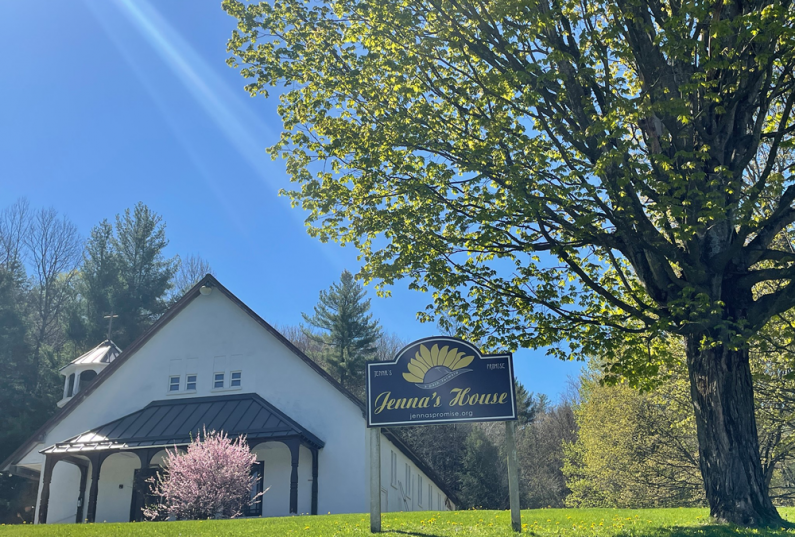The Vermont Community Foundation Receives $260,000 from Katz Amsterdam Charitable Trust to Improve Access to Mental and Behavioral Health Services

The Katz Amsterdam Charitable Trust and Foundation announced $2.46 million in mental and behavioral health grants for community-based organizations in nine mountain communities across North America, including $260,000 in funding for the Vermont Community Foundation, which will support seven subgrantees that are using creative approaches to increase equitable access to behavioral and mental health services in the Stowe, Ludlow, and Mt. Snow communities. This is the fifth year grants were awarded, with aggregate funding of over $13.5 million, to help increase overall access to mental health care, reduce behavioral health stigma, and improve community-developed services for communities of color and indigenous populations.
“We are grateful for another year of partnership with the Katz Amsterdam Foundation and Charitable Trust to expand access to vital services that improve the well-being and vitality of our mountain communities,” says Dan Smith, president and CEO of the Vermont Community Foundation. “The Community Foundation is committed to supporting the physical, mental, and emotional health of Vermonters, and we are thrilled to have partners like Katz Amsterdam who help drive progress towards that commitment.”
Rob Katz, founder and chairperson of the Katz Amsterdam Foundation board, and his wife, Elana Amsterdam, New York Times bestselling author and founder of Elana’s Pantry, launched the Katz Amsterdam Charitable Trust in 2017 and the Katz Amsterdam Foundation in 2018 to be a catalyst for eliminating barriers to health, increasing access to opportunity, protecting basic rights, and improving outcomes for all communities, with particular focus on communities of color.
“We continue to be amazed at the work happening in mountain communities to improve behavioral health systems,” said Rob Katz. “The creative efforts of these nonprofits make a difference in the lives of so many every day. We are encouraged that mountain communities continue to network, collaborate, and learn with each other. We’ve seen impactful and innovative ideas become reality as a result and we look forward to seeing what is next.”
The Vermont Community Foundation is honored to serve as the conduit between the Katz Amsterdam Charitable Trust and these innovative nonprofits in Vermont. In addition to the seven grantees listed below, the Community Foundation also received $25,000 to provide leadership and support for the implementation of behavioral health equity, tele-behavioral health, and substance use treatment in Vermont.
The seven subgrantees that are receiving funding are:
- Community Health Services of Lamoille County (dba Lamoille Health Partners) received $30,000 to provide tele-behavioral health services for group therapy and hypnotherapy and support its Adolescent and Family Treatment Program.
- Jenna’s Promise received $20,000 to grow recovery-supportive workforce development programs.
- Lamoille Restorative Center received $25,000 to improve outcomes for participants with substance use challenges by increasing staff and volunteer skills and knowledge through clinical supervision.
- North Central Vermont Recovery Center received $35,000 to hire a Community Outreach Officer, offer an acupuncture service, and expand opportunities for community members to socialize without substances.
- North Star Health FQHC received $45,000 to recruit and hire two Doctoral-level psychology interns, offer wellness coaching, and support an intensive behavior change program.
- Susu CommUNITY Farm received $55,000 to develop and implement the Resilience Farm Volunteer Program with persons in recovery serving as volunteers, and to support program development for the Trauma Conscious School of Liberation.
- Turning Point Center of Springfield (in partnership with Working Fields) received $25,000 to provide peer recovery coaching services to Working Fields associates, use peer coaching to increase access to evidence-based recovery services and resources in the greater Ludlow community, and provide youth recovery coaching and youth leadership in the Ludlow area.